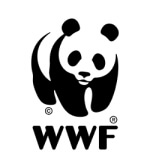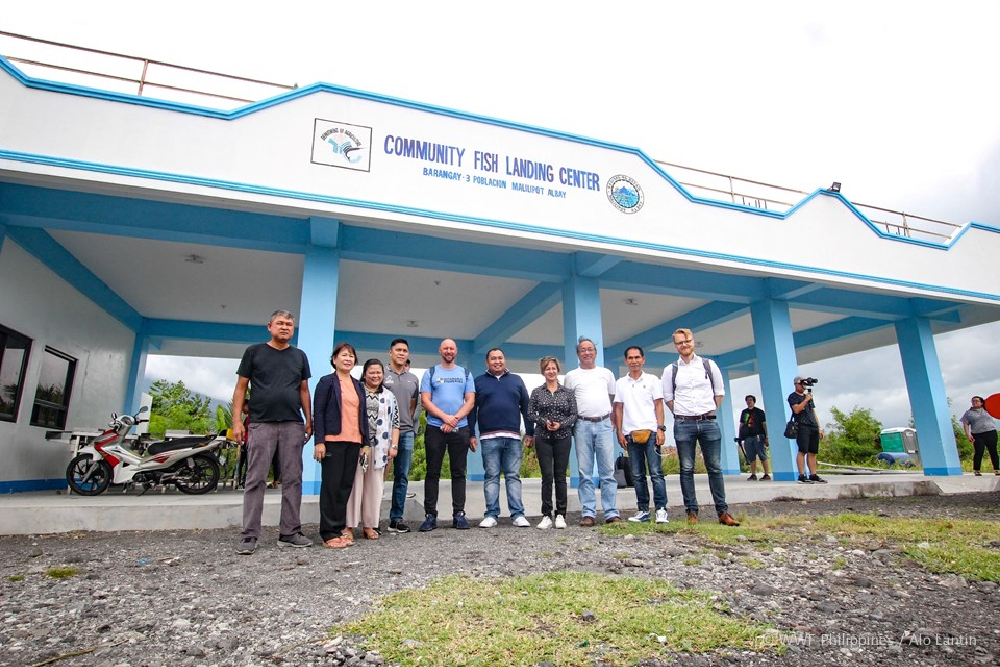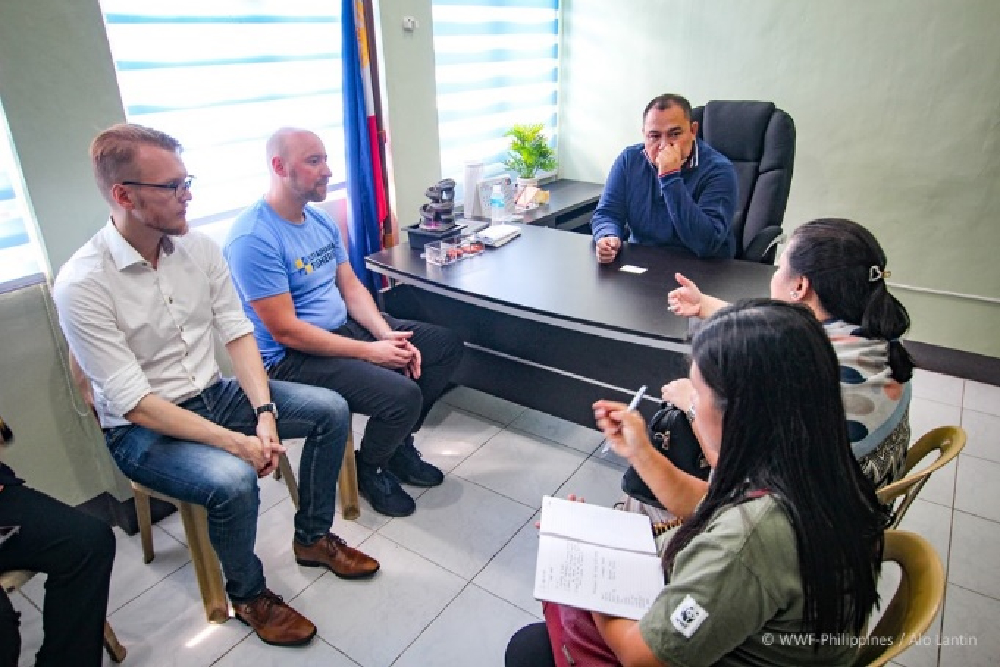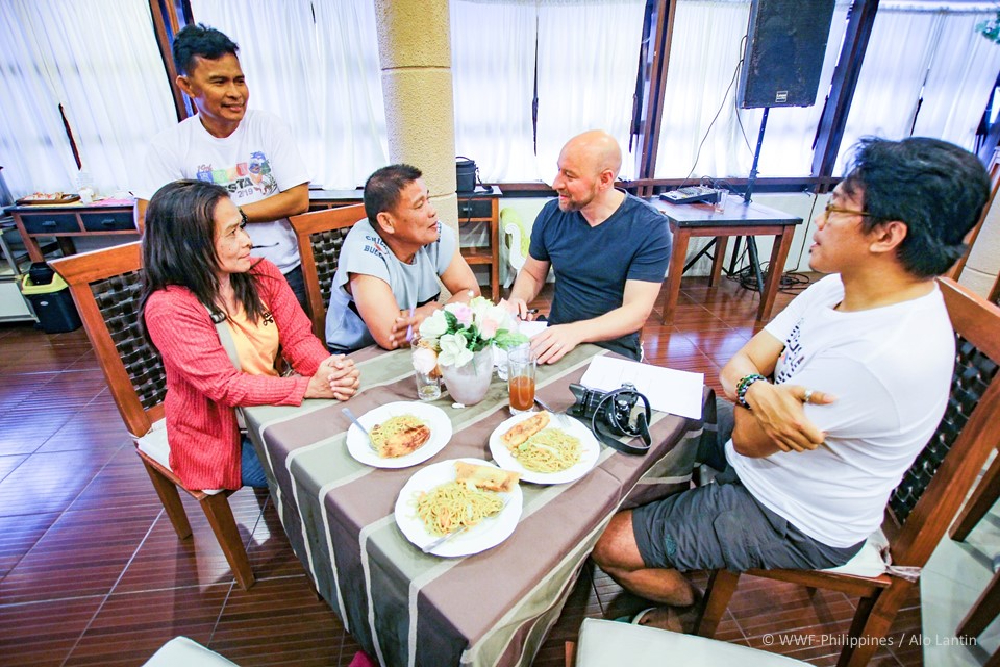The World Wide Fund for Nature (WWF) Philippines is exploring a partnership with Technology Exploration (TX) to promote high-value sustainable fishing in seaside towns in Lagonoy Gulf and Mindoro throughout the month of August.
Tuna products from the fisheries of Lagonoy Gulf and Mindoro are brought to foreign markets through exporters, where they are sold for high prices due to their perceived quality. Middlemen connect municipal fishermen to these exporters. Due to a lack of capital, however, small scale municipal fishermen end up entangled in debt with these middlemen. With little data to their work, these fishermen are perceived to be too risky for bank loans, which keeps them locked in debt with their middlemen.
The partnership with TX looks to incentivize municipal fishermen to digitally record and submit their catch data and earning capacity to banks in order to create their credit portfolio. A robust credit portfolio would lower the perceived risk of lending to fishermen, which will help them avail of bank loans they would otherwise would not have had access to. Access to these bank loans would help fishermen clear their debts with middlemen, allowing them to pursue their livelihoods with more financial freedom.
An increase in the value of traceability data would also incentivize fishermen to practice proper sustainability measures while fishing. Many premium foreign markets are willing to pay more for fishery products that are assuredly sustainable. To sell on these markets, fishermen would have to be able to prove that their methods are sustainable when reporting along the platform provided by TX.
“Anyone should be able to take a loan out of a bank, but for fishermen it’s harder because their work is risky. If they have a history of transactions, a history of income, a history of earnings and traceable tuna that’s of export quality, then banks will be more open to lending them a loan,” said Raisa Pandan, WWF-Philippines Fish Forward 2 Project Officer. WWF-Philippines’ sustainable tuna team has been exploring ways to help rural fishermen organize into associations and uplift their livelihoods.
“It’s small-scale right now, but we’re working towards institutionalizing sustainability. It’s creating systems that will facilitate the sustainability of this tuna,” added Pandan.
By developing a data economy around fisheries in Lagonoy Gulf and Mindoro, WWF-Philippines hopes to both promote sustainability and empower their partner fishermen. Through further innovations aimed at opening these fishermen to fruitful markets, WWF-Philippines hopes to create value for sustainable tuna.
TX is a subsidiary of international technology company Streamr AG.





